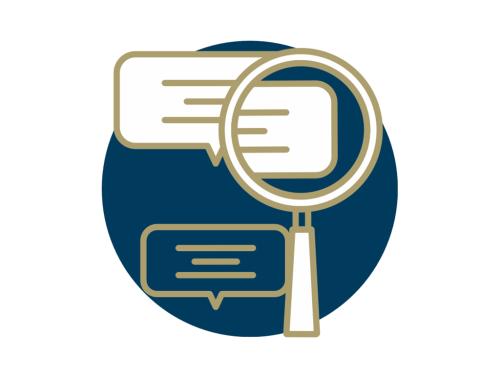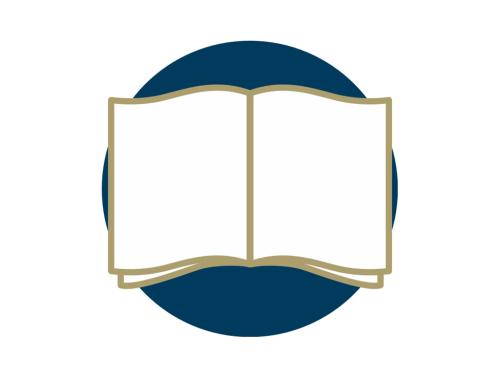.


The GW Regulatory Studies Center scholars regularly conduct applied research to understand regulatory policy and practice from a public interest perspective. Our content often takes the form of public interest comments, formal testimony, working papers, policy insights, and short commentaries analyzing the most pressing issues in regulatory policy. View the rest of our material by the different types of publications listed on this page or our research areas.

Long-form publications intended for academic audiences that take a deep dive into a particular aspect of regulatory policy.

Scholarly analysis of the potential effects of particular rulemakings from federal agencies, and advice to Congress on how to improve the rulemaking process.

Short-form publications intended for all audiences which provide easy to access analysis of regulatory policy.

Formal publications, often completed with other leading organizations and individuals, providing a thorough understanding of regulations and the rulemaking process.

The weekly Regulation Digest contains everything you need to know about regulatory policy today, and our monthly Center Update gives you all of the latest from our team.
For accessible charts and supporting data that you can use in your own publications or presentations, visit the Reg Stats page.
Codifying the Cost-Benefit State
Benefit-cost balancing is now a dominant paradigm in administrative law for evaluating federal agencies’ exercise of delegated regulatory discretion. In response to increased scrutiny upon judicial review, agencies have taken steps to firm up their benefit-cost analyses. Despite multiple Executive Orders and supplementary guidance, neither executive nor legislative action has produced a clear set of justiciable standards against which courts can evaluate agency analyses for adequacy.
This report examines the relationship between the organization of economists in agencies and the robustness and integrity of economic analysis that is intended to inform decisions about the design and adoption of individual regulations.
10 Years of Going Back to School
The Fall 2019 semester marks an important milestone for the Regulatory Studies Center.
OIRA Wants You…To Schedule Meetings Online
People who wish to meet with the Office of Information and Regulatory Affairs (OIRA) to discuss a draft regulation may now request to do so online. OIRA has recently moved to an online, automated meeting request process.
